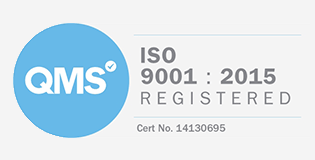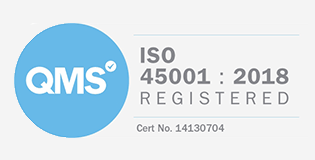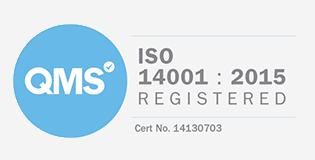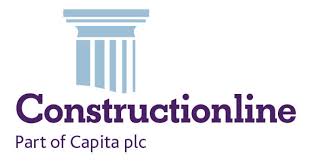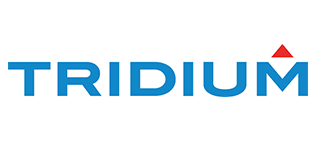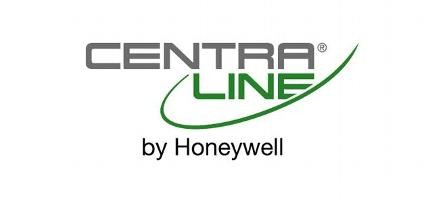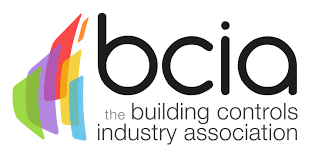Equal Opportunities & Code of Ethics
Statement of policy
It is the policy of Chartwell to ensure that no job applicant or employee receives less favourable treatment on the grounds of sex, race, marital status, disability, age, part-time or fixed term contract status, sexual orientation or religion, or is disadvantaged by conditions or requirements that cannot be shown to be justifiable. The organisation is committed not only to its legal obligations but also to the positive promotion of equality of opportunity in all aspects of employment.
The organisation recognises that adhering to the Equal Opportunities Policy, combined with relevant employment policies and practices, maximises the effective use of individuals in both the organisation’s and employees´ best interests. Chartwell recognises the great benefits in having a diverse workforce with different backgrounds, solely employed on ability.
(a) The application of recruitment, training, and promotion policies to all individuals will be on the basis of job requirements and the individual’s ability and merits.
(b) All employees of the organisation will be made aware of the provisions of this policy.
Recruitment and promotion
Advertisements for posts will give sufficiently clear and accurate information to enable potential applicants to assess their own suitability for the post. Information about vacant posts will be provided in such a manner that does not restrict its audience in terms of sex, race, marital status, disability, age, part-time or fixed term contract status, sexual orientation or religion.
Recruitment literature will not imply a preference for one group of applicants unless there is a genuine occupational qualification which limits the post to this particular group, in which case this must be clearly stated.
(a) All vacancies will be circulated internally.
(b) All descriptions and specifications for posts will include only requirements that are necessary and justifiable for the effective performance of the job.
(c) All selection will be thorough, conducted against defined criteria and will deal only with the applicant’s suitability for the job. Where it is necessary to ask questions relating to personal circumstances, these will be related purely to job requirements and asked to all candidates.
Employment
Chartwell will not discriminate on the basis of sex, race, marital status, disability, age, part-time or fixed term contract status, sexual orientation or religion in the allocation of duties between employees employed at any level with comparable job descriptions.
Chartwell will put in place any reasonable measures and/or adjustments within the workplace for those employees who become disabled during employment or for disabled appointees.
All employees will be considered solely on their merits for career development and promotion with equal opportunities for all.
Ethics and Integrity
(a) Company records, property, technical information, communications and business opportunities constitute valuable assets that can be critical to performance. These materials are the property of Chartwell and – like all assets – should be safeguarded against misuse or misappropriation.
Safeguarding these assets includes taking the appropriate steps to prevent and identify accidental disclosure. These responsibilities and restrictions apply equally to electronic information methods (e-mail, Internet, etc.) and prohibit accessing or creating any electronic communications that contradict policy.
(b) Books, Records and Filings – Employees are required to keep accurate records and provide full, fair, accurate, timely and understandable disclosures. We must make every effort to ensure that information contained in documents filed by the company is complete, fair, accurate, timely and understandable. In addition, we are each required to ensure the accuracy of any records we develop or review, including financial records, expense reports and engineering or other technical documents.
Destroying or altering a document/s with the intent to impair the document’s integrity is a crime. Any belief that company records are being improperly altered, destroyed or otherwise treated inconsistently should be reported to the Managing Director.
(c) Conflicts of Interest – Employees should avoid conflicts between personal and Chartwell interests. If conflicts are unavoidable, seek guidance on the best course of action and fully disclose any transaction or relationship that reasonably could be expected to give rise to a conflict. Employees are expected to exercise good judgment and the highest ethical standards in our activities and also to be mindful that our activities outside the company impact how Chartwell is viewed by others. We should avoid any actions, investments or interests which reflect unfavourably on ourselves or the company. More specifically, employees should avoid any action that has the potential or appearance of impacting on the company adversely or interfering with our objectivity about what is in Chartwell’s best interest.
(d) Integrity is about people doing the right thing – not looking for personal gain or to reward others by taking advantage of ambiguity or uncertainty in the law. We are each expected to not only adhere to the policy, but also to protect it – questioning and reporting any practice or activity that conflicts, or appears to conflict, with the company’s ethical standards. Those who report suspected violations of this policy will help further the business interests of Chartwell and ensure that the public continues to regard Chartwell as a company committed to integrity.
If you are in a situation that you believe may involve or lead to a violation of Chartwell Ethics and Integrity, you have a duty to disclose the situation and seek guidance.
Training
Employees will be provided with appropriate training regardless of sex, race, marital status, disability, age, part-time or fixed term contract status, sexual orientation or religion.
All employees will be encouraged to discuss their career prospects and training needs with their Line Manager.
Grievances and victimisation
Chartwell emphasises that discrimination is unacceptable conduct which may lead to disciplinary action under the organization’s Disciplinary Procedure.
Any complaints of discrimination will be pursued through the organisation’s Grievance Procedure.


